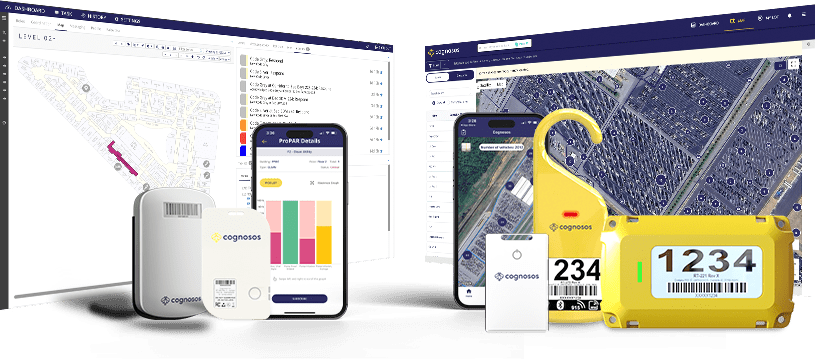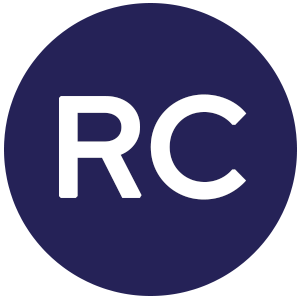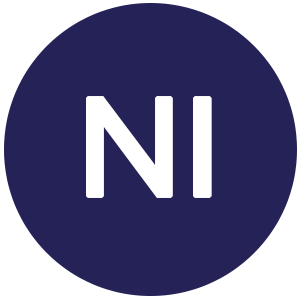In 2023, the US healthcare system will undergo significant changes driven by the COVID-19 pandemic, economic uncertainty, and innovative technological advancements.
Experts believe patients will benefit from the expansion of telehealth services and a focus on value-based care that rewards positive health outcomes. Meanwhile, providers will increasingly rely on digital tools such as remote patient monitoring and artificial intelligence to improve efficiency and patient care.
With so much to look forward to, there are still challenges ahead, including ongoing supply chain struggles and cyber threats, that are complicating an industry that has been overwhelmed in the last three years.
In our latest news roundup, we’ll explore what it takes to create a resilient global healthcare supply chain. We’ll also reveal the top ten healthcare technology trends that are set to define the year ahead. Plus, learn how cyber attackers are evolving their tactics and exploiting vulnerabilities in remote work systems, internet of things devices, and more.
7 essentials to create a resilient global healthcare supply chain
World Economic Forum
The COVID-19 pandemic has highlighted the need for a more effective global healthcare supply chain. This article discusses how a successful healthcare supply chain requires a collaborative approach between public and private sectors, with investments in digital technologies, logistics infrastructure, and workforce development.
10 healthcare technology trends for 2023
Philips
Philips’ top ten trends for 2023 include advancements in artificial intelligence, telehealth, remote patient monitoring, and wearable technology, as well as increased focus on patient-centered care, cybersecurity, and sustainability.
The healthcare leader also predicts the emergence of new healthcare delivery models such as “care anywhere” and “hospital at home,” and the continued adoption of value-based care models. These trends are expected to have a significant impact on the healthcare industry, driving greater efficiency, quality, and accessibility of care.
Cyberattack round-up: Financial warnings and new threats to hospitals
Healthcare IT News
The healthcare industry continues to face a barrage of cyberattacks, including ransomware, data breaches, and phishing attempts. In response, healthcare organizations are increasing their investments in cybersecurity measures such as encryption, network segmentation, and employee training. However, experts warn that attackers are evolving their tactics and exploiting vulnerabilities in remote work systems, internet of things devices, and supply chain partners.
Cybersecurity ‘more critical than ever’ in era of connected care
Healthcare Dive
A recent cybersecurity report from medical technology company BD has found that while healthcare organizations have made progress in cybersecurity, they still face significant challenges in protecting against threats, including ransomware and phishing attacks.
The report recommends a comprehensive approach to cybersecurity that includes investment in technology, staff training, and collaboration across the industry.
Is “Where’s My Stuff” The Right Question to Ask Your RTLS?
Cognosos
At a very basic level, there’s nothing wrong with asking your real-time location system (RTLS), “Where’s my stuff?”. However, if your organization truly wants to derive a significant financial ROI from its RTLS, you need a system that can do more than asset tracking – and you need to ask a better question: “How’s my process?” Here’s why.



